EVs might cut your fuel bill substantially, but will they actually save you money in the long run?
The answer changes depending on what fuel-powered car you compare against an EV, what kind of driving you do, and whether you have access to an EV charging point at home. To help illustrate the difference, let's put some numbers on the board to understand what we're looking at.
We’ve pitted an electric Volkswagen ID.3 against a petrol-powered Volkswagen Golf. These are both premium five-door hatchbacks with a similar age and mileage, with prices correct at the time of writing. It's best to compare the exact cars you're cross-shopping, but this comparison will give you an idea of what each might cost to run over a year.
EV vs non-EV running costs comparison
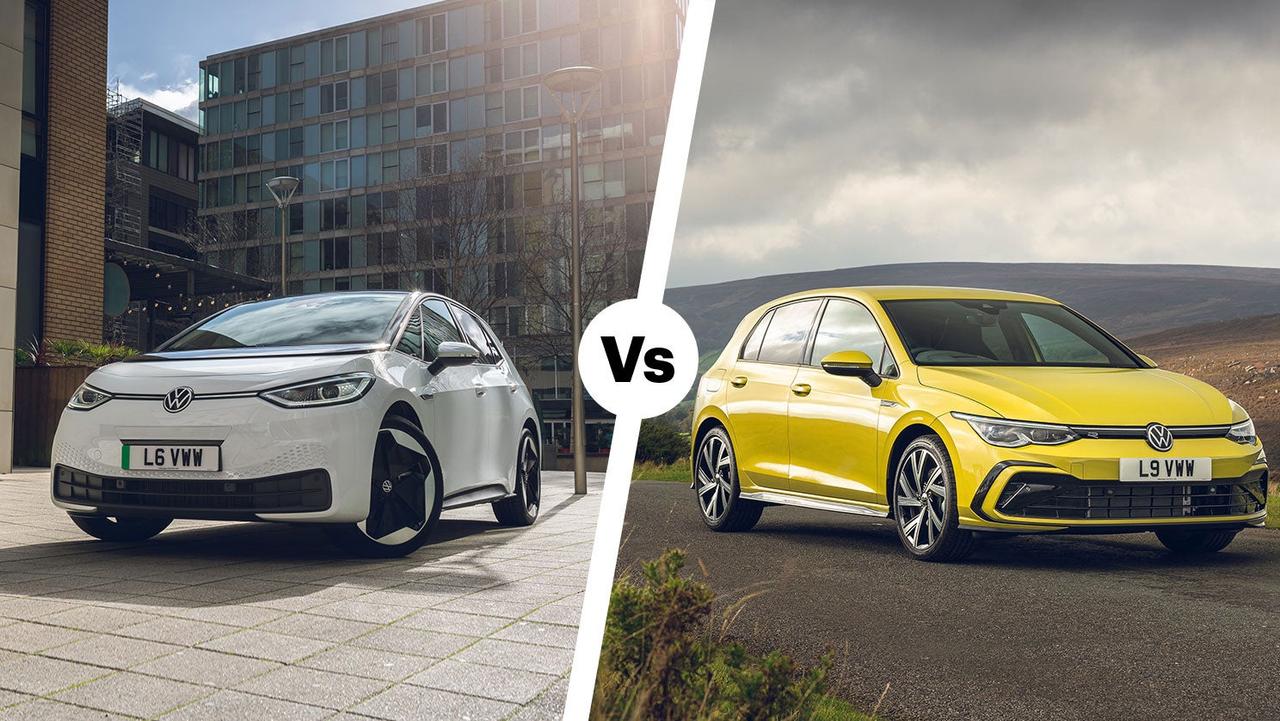
| Model(1) | Volkswagen ID.3 Life 150kW 58kWh | Volkswagen Golf Life 1.5 TSI DSG |
| Engine type | Electric | Petrol |
| Annual PCP finance costs | £2,961.00 | £3,961.32 |
| Annual fuel cost(2) | £538.26 (24.5p/kWh) | £1,181.64 (£1.32/litre) |
| Annual insurance cost(3) | £306.71 (group 25) | £286.46 (group 20) |
| Annual road tax(4) | £195 | £195 |
| Annual servicing cost(5) | £360 | £522 |
| Annual depreciation(6) | £2,019.50 | £2,818.75 |
| Total annual cost to run(7) | £4,360.97 | £6,146.42 |
| Annual running cost saving | £1,785.45 | - |
1. Comparable cars selected at the time of writing (July 2025) from current Motorpoint stock on 73-plates with c5-15,000 miles
2. Correct at the time of writing. Based on 10,000 miles per year with the EV charging at home. Assumes both vehicles achieve advertised range and fuel economy figures. Source: Ofgem, RAC
3. Approximate figures for the same driver based on insurance group. Source: MoneySuperMarket
4. From 1 April 2025, EVs are also subject to the standard rate of road tax.
5. Based on manufacturer servicing plans. Source: Volkswagen
6. Annualised figure based on guaranteed future value over a four-year PCP agreement. Source: Motorpoint
7. This figure is approximate and doesn’t take into account factors including driving style, environment, or future electricity and fuel price changes
While these numbers are estimates, they show that the potential savings can be significant if you can fit an EV into your life. The two key considerations here are whether you can achieve all your driving needs with the range an EV offers and, more importantly, whether you have access to a home charger, which is much cheaper than publicly available chargers.
A chunk of the saving listed above comes from a lower purchase price for the ID.3 – despite being a similar age and mileage to the Golf, a used ID.3 can be considerably cheaper to buy. This is reflected across the board with electric cars – many more than you might expect are available for under £20,000, even fairly posh ones such as the Tesla Model 3 and Hyundai Ioniq 5.
Electric vs petrol vs diesel – which fuel type is cheapest?
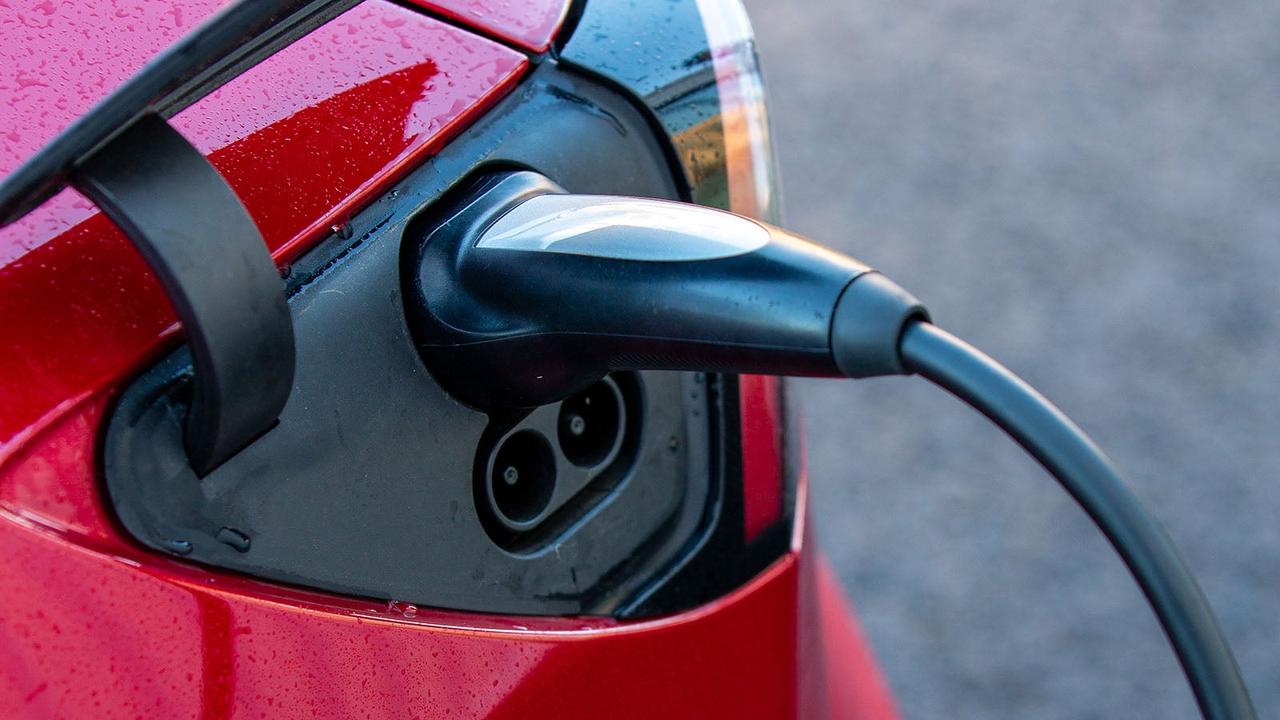
As a general rule, electric cars are cheaper to ‘fuel’ than petrol or diesel cars as long as you have access to a home charger. A full charge of the Volkswagen ID.3’s 58kWh battery pack costs around £14 based on average UK electricity prices of 24.5p per kWh, and will give you up to 264 miles of range in return. For comparison, filling the petrol-powered Golf’s 50-litre tank costs roughly £66, giving you just over 560 miles of range.
On a cost-per-mile basis for fuel, that means the ID.3 costs £0.05 per mile, compared to £0.12 per mile for a petrol Golf.
Many EV owners who charge at home actually pay less than 24.5p per kWh to charge their cars. This is because they charge overnight when electricity demand is lower, using EV-specific energy tariffs that offer cheaper rates in return.
Prices for public EV fast chargers are quite a lot higher, with rates of around 76p per kWh being typical, and even more in high-demand areas. If you only have access to public chargers, their extra cost will probably wipe out most of the fuel cost savings you earned by swapping to an electric car.
Are electric cars more expensive to buy?
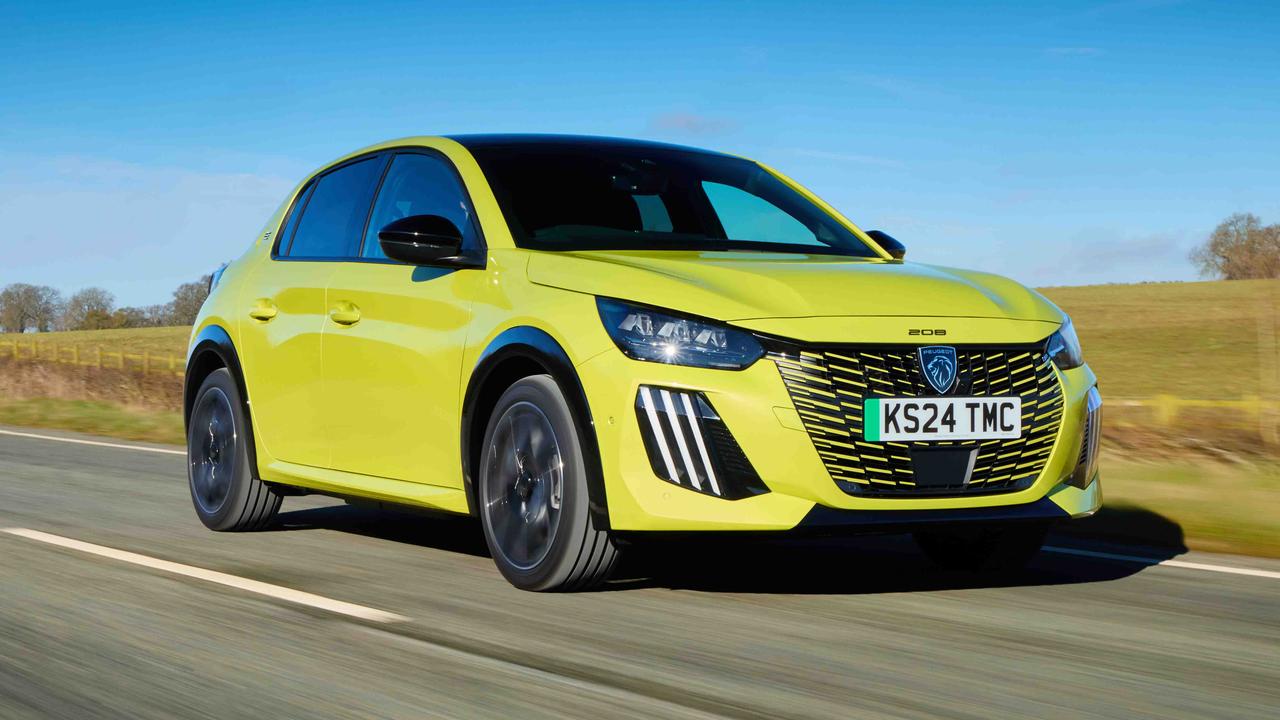
If you compare brand-new electric cars versus petrol-powered equivalents, the electric versions invariably cost a little more to buy than their engine-driven siblings. This is because they use large lithium-ion battery packs, sometimes featuring hundreds of individual cells, which currently cost more to build than a typical fuel-powered engine.
For example, manufacturer list prices for fuel-powered versions of the Peugeot 208 hatchback range from around £20,000 up to roughly £28,500. Prices for the battery-powered e-208, however, start around £30,000, stretching up to £34,000 for top-spec models. However, electric car manufacturers are starting to close the gap, and some are even selling EVs at the same price as petrol cars. The new Vauxhall Frontera, for example, costs around £24,000 whether you buy the petrol hybrid or the fully electric model.
In July 2025, the UK government introduced an Electric Car Grant (ECG), which fills the gap left by the long-gone Plug-in Car Grant (PiCG). It covers full EVs costing up to £37,000, and knocks up to £3,750 off the cost of certain models. That will help to bring down the price difference between EVs and internal combustion cars.
Are electric cars cheaper to insure?
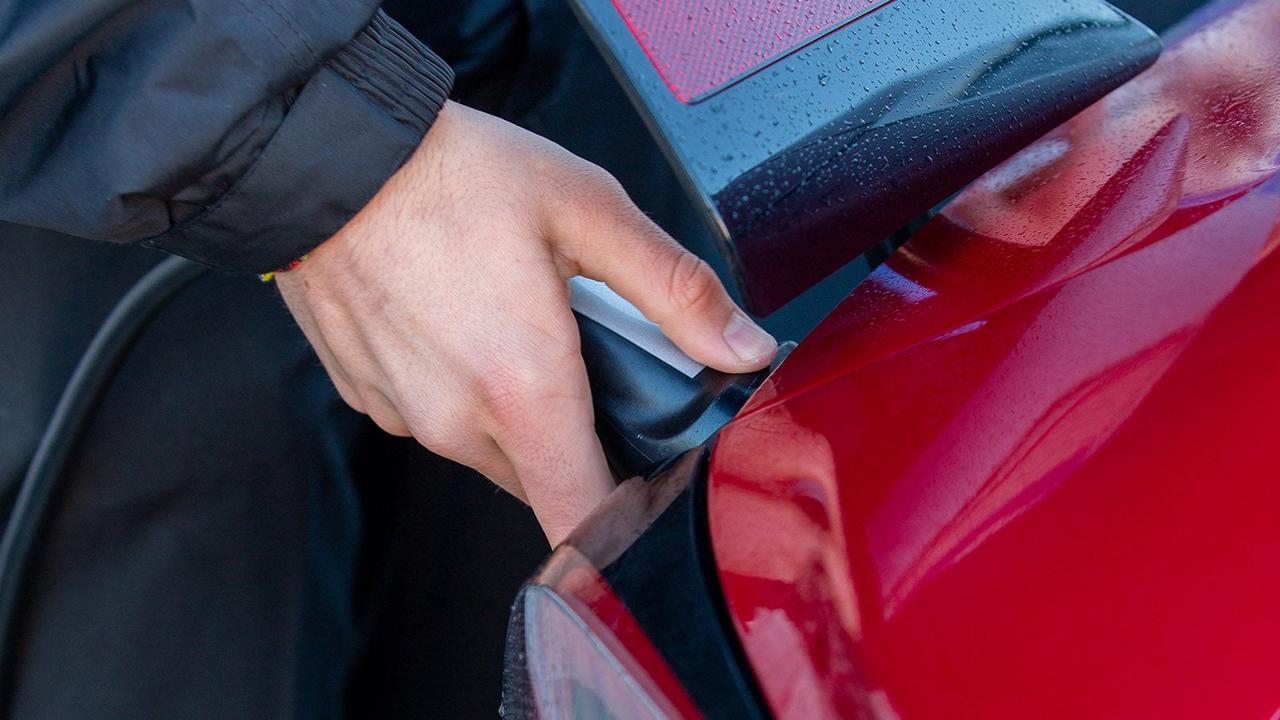
Sadly no, electric cars are usually more expensive to insure on a like-for-like basis than fuel-powered cars. The Hyundai Ioniq, for example, is available both as a petrol-powered hybrid and as a fully electric car – with the hybrid placed in insurance group 11 and the electric in group 16. Similarly, the MG ZS's petrol engine is ranked in group 15, while the battery-powered version is in group 21.
The difference is because EVs cost more to buy than equivalent fuel-powered cars, which makes it more expensive if you need to claim a replacement vehicle from your insurer. Plus, it’s generally easier and cheaper to get replacement parts for fuel-powered cars, and to find mechanics trained to work on them. EV manufacturing is still growing, which makes replacement parts more scarce and means there aren’t as many places they can be serviced.
Do you have to pay road tax on electric cars?
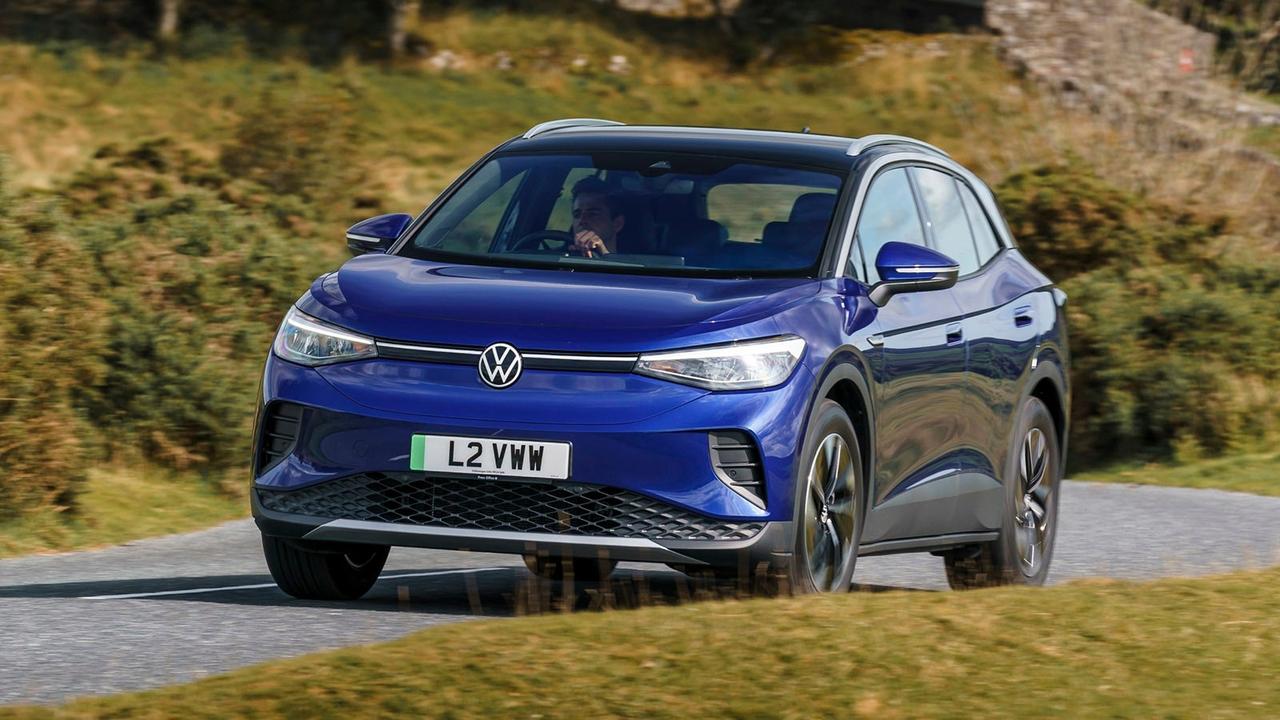
Yes, as of April 2025, EVs are now subject to road tax (VED).
After the first year's tax rate of £10 (rolled into the price of the car), the standard yearly tax rate is £195 for EVs registered since April 2017 – exactly the same as a petrol, diesel or hybrid car. Pre-2017 EVs cost £20 a year to tax.
If you buy an EV that was registered after April 2025, and cost more than £40,000 new, you'll have to pay the luxury car tax until the car is six years old. That raises the annual tax to £620 – again, the same as a £40k+ petrol, diesel or hybrid.
Are electric cars cheaper to maintain?

Several reports from sources including the US Department of Energy, We Predict and LeasePlan have shown that EVs generally cost less to maintain over time than fuel-powered cars. This is because EVs have far fewer moving parts and fewer fluids that need replacing.
There are two notable exceptions to this, however, with the first being tyre wear. This can happen a little faster on EVs because they usually weigh more than an equivalent fuel-powered car, so you might need to budget for a few extra trips to your local tyre fitters.
The second exception is the high-voltage battery pack. Most brands guarantee these for around seven years or 100,000 miles and, if you use them carefully, there’s a good chance that most EV battery packs will outlast the car they're fitted to. However, some EVs – especially those that cover very high annual mileages – might find their capacity eventually fades to a point that it needs to be recycled and replaced with a fresh one. This can cost anywhere from £5,000 to more than £10,000 on models with big batteries. As a warranty is in place to cover the battery, this is something you don't need to worry about at all unless you're buying an old or high-mileage EV.
You can maximise the lifespan of your battery by trying to keep the charge state between 20% and 80%, and only using the pack’s full capacity when travelling long distances. Many EV models and even some charging points let you set your max charge level so you can match your usage to your requirements. Similarly, you should try to limit your use of fast chargers only to when they’re needed, such as longer journeys, and aim to use slower charging where possible, such as a typical 7kW home EV charger.
What is electric car depreciation like? Do EVs keep their value?
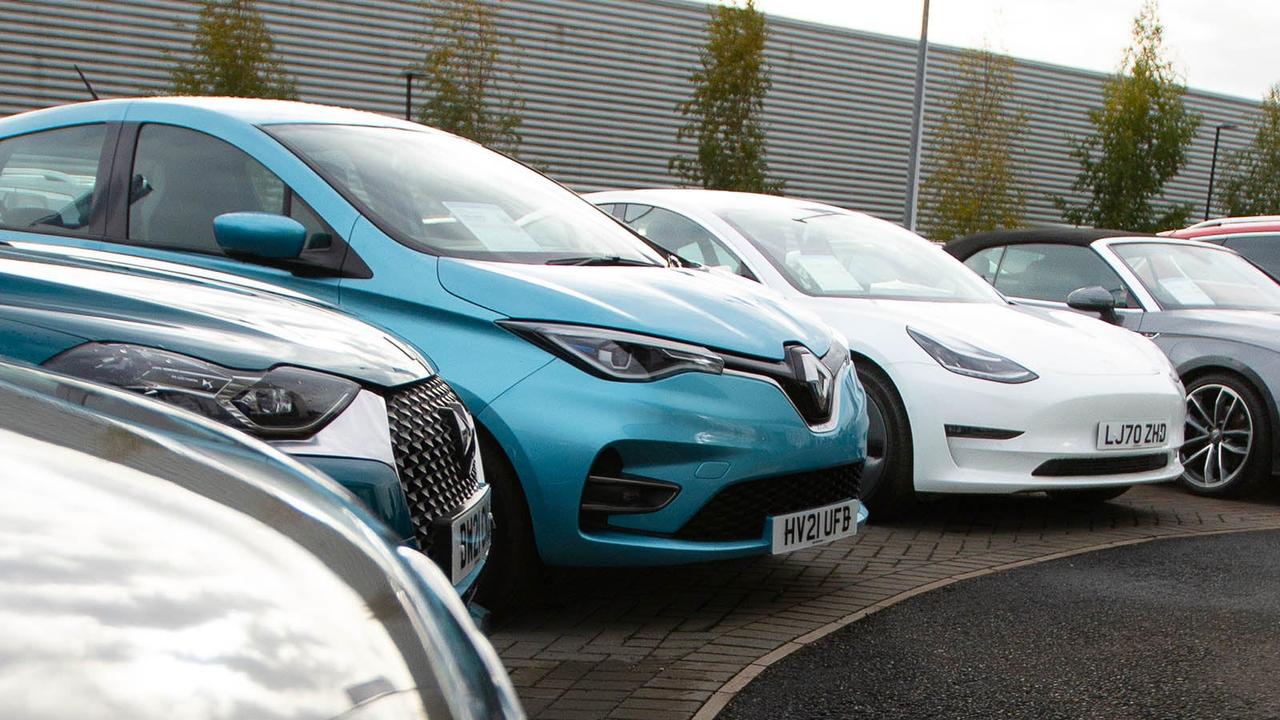
Depreciation – the amount of value a car loses over time – is influenced by several factors beyond just what fuel it’s powered by. Electric cars suffer a lot of depreciation in a short period of time when they're new, before levelling out to a similar level to petrol and diesel cars over the next few years. That's excellent news for you as a used EV buyer – even on a car with less than 1,000 miles on the clock, you can save thousands of pounds versus the price that the manufacturer hopes you'll buy it new for.
Make sure you check the guaranteed future value if you want to understand how much a car you’re looking at is expected to depreciate over time.
Your electric car running costs questions answered
Fancy swapping into an electric car?
If you think the time is right to make the switch to a battery-powered car, why not check out our picks for the best cheap electric cars on sale. If you’re still on the fence, learn more with our guide to electric car maintenance.



































